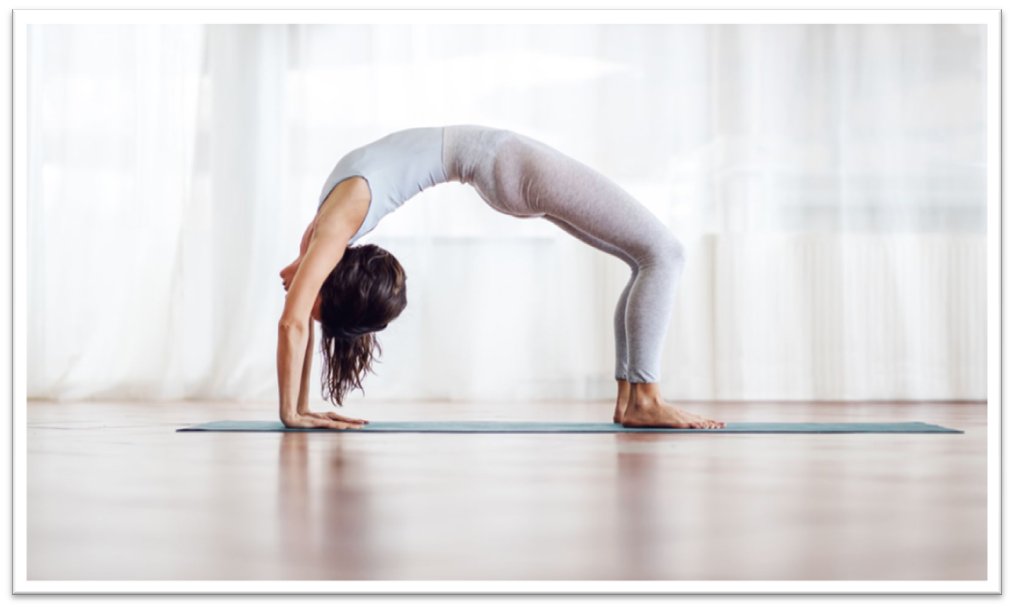Whole body health & wellness is an important goal that takes time and practice to build into your daily routine. It’s essential to prevent disease, treat ailments and become a more efficient and productive person.
Try these simple tips to get your body healthy and moving the way it should.
Infrared Saunas
Infrared Saunas emit soothing heat that penetrates the body at a deep level for a natural detoxification and stress relief. This is beneficial for a multitude of health issues including pain relief, weight loss, skin purification and more. Almost all health problems have their roots in inflammation, and infrared heat can help calm down this overactive inflammation in the body.
The increased thermal energy of infrared saunas increases the heart rate and blood flow to the muscles, which helps relieve muscle tension. This is why many people report reduced pain in their tendons, ligaments, and joints after regular sauna use. This same effect is responsible for many of the positive results reported in studies on fibromyalgia sufferers. (2)
Because of the increased blood circulation, infrared saunas can promote better sleep by helping to lower your blood pressure and slow down the heart rate. This combination is important for a good night’s rest and can even help with chronic insomnia, if you suffer from it.
Another benefit of infrared saunas is that they are a safe way to help strengthen the immune system. The rise in core temperature mimics a fever, stimulating white blood cell activity and creating an uninhabitable environment for bacteria and viruses to thrive.
As with all forms of exercise, you should consult your doctor before trying infrared saunas. Simms suggests starting off slowly with a few sessions per week over the course of a month and evaluating how you feel. She also recommends staying hydrated before, during and after a sauna session. This is especially important if you are not used to such a high level of sweating. This will prevent dehydration and minimize any potential negative side effects.
Water
Water is the most important nutrient to humans and is a crucial component of every cell, tissue, organ and system in your body. In fact, up to 60% of the human body is composed of water! While many people think of it as just something you drink, the benefits of hydration go far beyond quenching your thirst.
Water provides a critical role in a number of biological processes, such as forming and maintaining cell structure; transporting nutrients; and providing a medium for chemical reactions. It also helps keep your joints lubricated and maintains normal body temperature. Water is also used to flush waste products out of the body through urination and other bodily functions.
When you are dehydrated, your cells can’t get the nutrients they need to function. Water can also help to reduce your risk of developing kidney stones and bladder infections as well as help you urinate normally, which is a great way to avoid constipation.
Drinking enough water can also improve your skin’s elasticity, reduce fine lines and wrinkles and prevent dryness. It is also important to drink plenty of water if you exercise, as following the American College of Sports Medicine guidelines for fluid intake can help you prevent dehydration during and after your workout.
It is recommended to drink about 8 glasses of water, or 2 liters, per day to stay hydrated. However, individual needs may vary. You can also get your water through food, such as fruits and vegetables, water-rich soups and broths, and unsweetened herbal teas. Avoid caffeinated beverages, as they can make you urinate more frequently and can dehydrate you. To make sure you’re drinking enough water, try keeping a water bottle with you throughout the day and setting a goal to reach by the end of the day.
Diet
Diet is one of the key pillars that support whole body health. Eating a balanced diet that includes fruits, vegetables, lean cuts of meat and low-fat dairy is essential to overall wellness. Avoiding fried foods and opting for baked, broiled or grilled options will reduce your fat intake. In addition, try to limit sauces and salad dressings and instead use a light vinaigrette or leave the salad dressing off entirely to control calories.
Also, be sure to get enough sleep – getting an extra hour of sleep each night can help with weight loss, improved strength and flexibility and reduced stress levels. Finally, make regular doctor visits and preventive screenings to stay healthy and on track with your wellness goals.
Exercise
Healthy habits can be difficult to form. But incorporating some out-of-the-box tips can help you boost whole body health and wellness.
Exercise is any healthful movement that involves your body at a higher intensity than usual daily activity, and is usually undertaken to achieve physical fitness. This can range from the gentle, such as walking or light weight lifting, to the strenuous, like jogging and speed swimming.
When doing strength exercises, make sure you warm up with dynamic stretches, which involve repetitive motions that get blood and oxygen to the muscles. Try to work all major muscle groups twice a week, and allow 48 hours for recovery before you work them again. Also, make sure to include balance-specific movements to keep your body feeling strong and steady.
Sleep
Sleep is an important part of your daily routine and can help to boost overall health. For years, it was believed that sleep was a state of rest in which the brain and body shut down and took a break. While it’s true that certain processes do slow down, research has also shown that sleep is a crucial time for your brain to perform “housekeeping” and remove the harmful molecules that accumulate during the day. Try to get 7-8 hours of sleep each night for optimal health benefits. For best results, set a consistent bedtime and stick to it each night.
